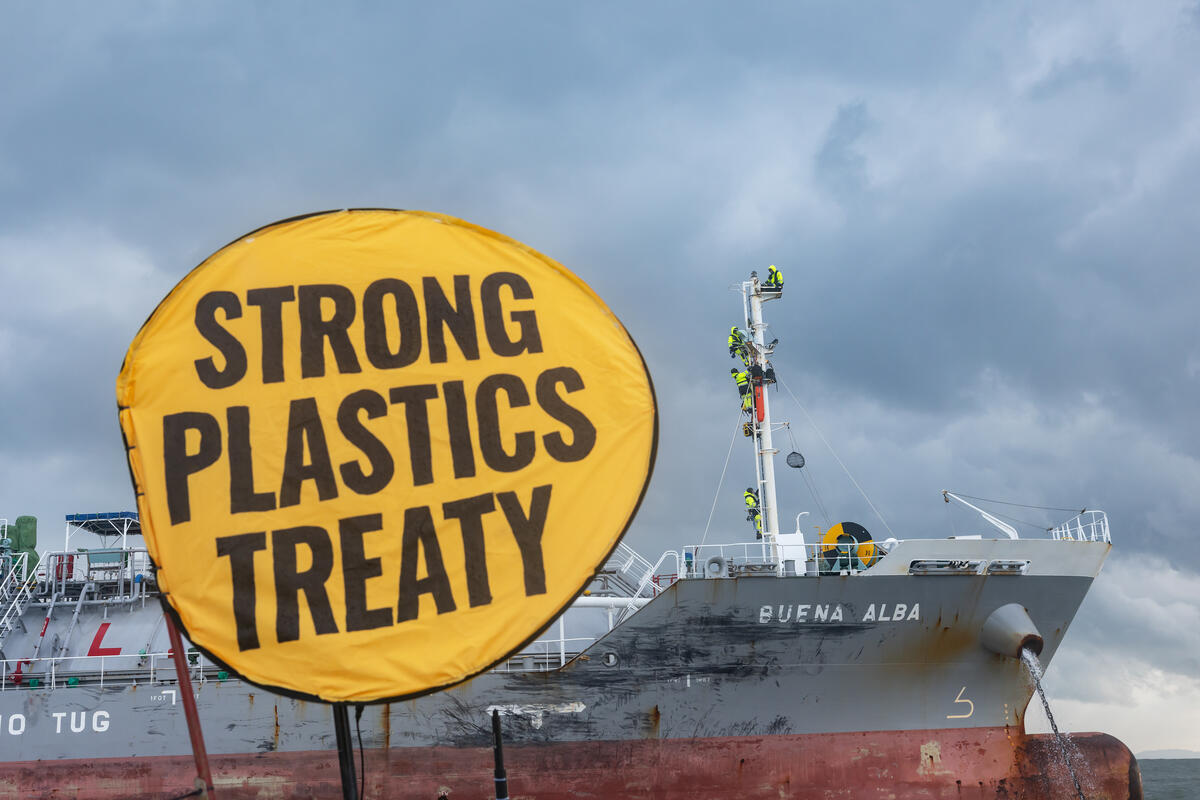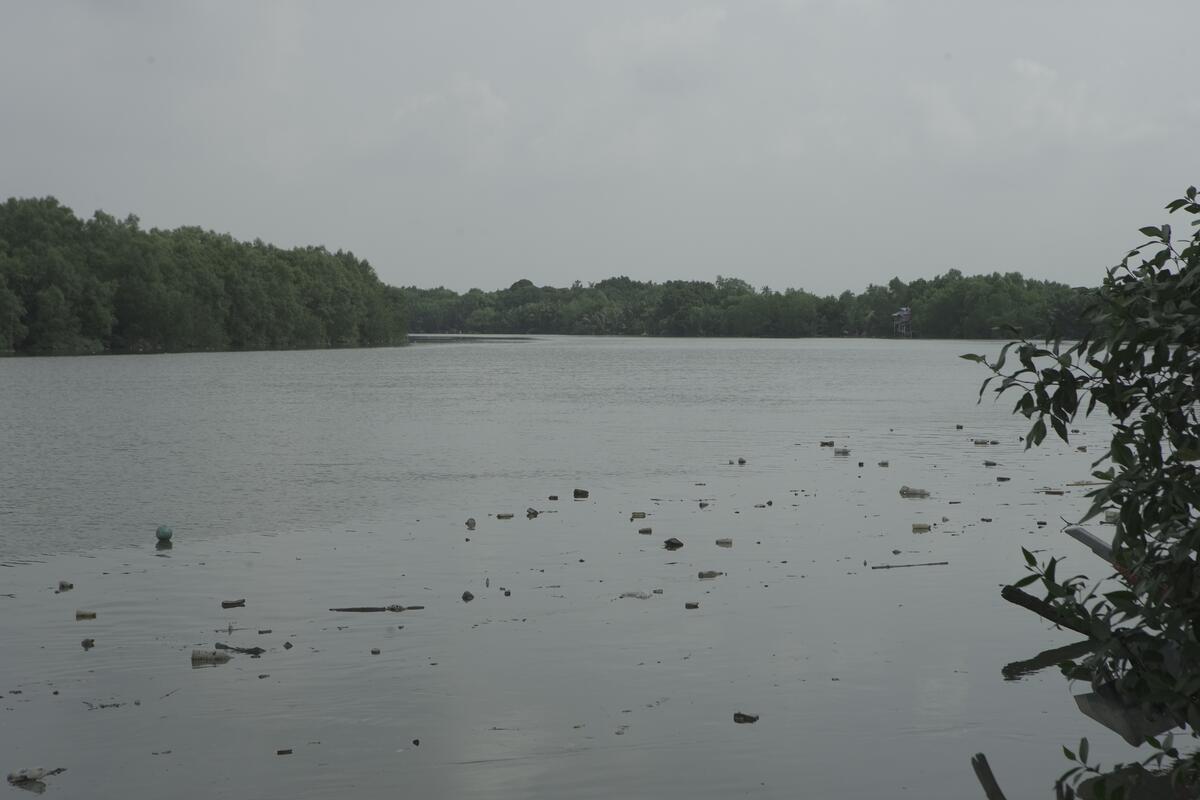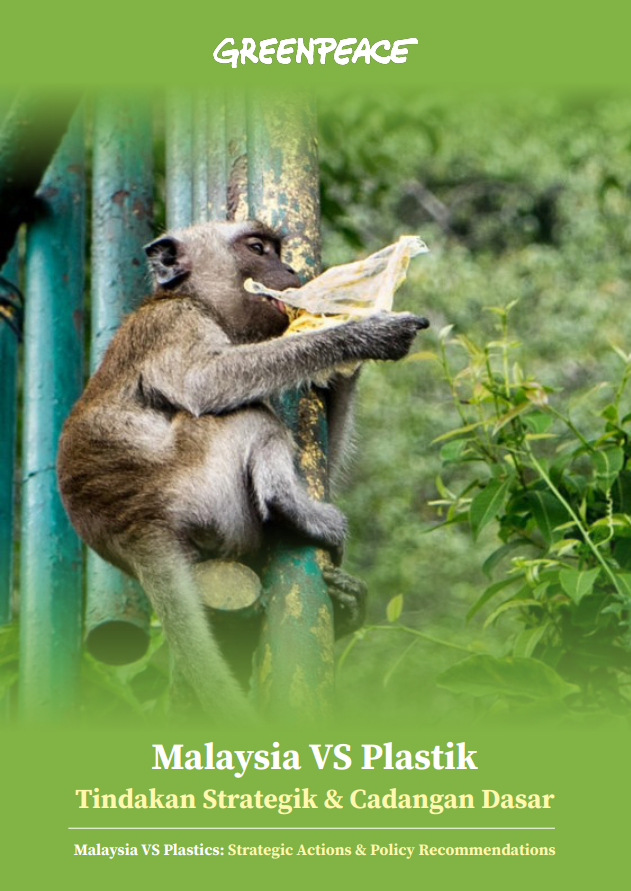We, members of Malaysia Stop Waste Trade Coalition, are alarmed by the arguments put forth by “experts” urging Malaysia to allow the importation of electronic waste. The portraits painted of Malaysia’s e-waste landscape and the economics of the global waste trade are partial at best, and outright wrong at worst.
Even worse, the narrative included a baseless direct attack on the Department of Environment (DOE) for doing its job – protecting the country from pollution.
In their eagerness to lobby for e-waste imports, the critics conflated nuanced issues that cannot all be solved by attracting foreign direct investment in “green” recycling facilities to process foreign e-waste at scale.
First: Comparisons to Europe are off the mark:
There is a vast difference between Europe and Japan importing high-value or pre-processed e-waste, versus China, and now Malaysia, being targeted with low-value and unsorted e-waste.
After decades of processing imported waste, China made the calculated decision that the pollution costs of the imports outweighed the profits in the long-term, and began focusing on investing in managing domestic waste. It has been seven years now. China has maintained its waste import bans.
To our dismay, the dirty business has relocated to Southeast Asia, with Malaysia being a top destination. If China could not control the pollution, as they admitted in their submission to the World Trade Organisation regarding the import bans, how will Malaysia?
Second: Impact of e-waste imports on our domestic recycling:
In Malaysia, post-consumer e-waste management is underdeveloped but progress is promising.
We have arguably the most advanced household e-waste recycling end-to-end infrastructure in Southeast Asia. We have collection services that pay freelance workers to pick up e-waste from homes, cash rewards in exchange for e-waste, and prepaid Pos Malaysia services for e-waste deliveries from out-of-coverage areas.
Infrastructure for e-waste management has not been neglected, rather, the DOE has nurtured its development over the past 20 years under the category of scheduled waste.
We have relatively high collection and recycling rates for e-waste from industries, with laws being developed to better regulate e-waste from commercial entities, institutions, and households. Malaysia’s e-waste system is not desperately dependent on a foreign “saviour” investor with their “green technology”.
Allowing an easy supply of imported e-waste will increase profitability for e-waste processors, but it may end up neglecting our domestic e-waste collection, lowering demand and pushing down prices, as seen in Thailand where hundreds of waste pickers from Thailand’s Saleng and Recycle Trader Association protested for weeks in 2021 over imported foreign waste threatening their livelihoods.
Third: Players involved in e-waste trafficking are criminals:
The global community recently updated the Basel Convention to more aggressively respond to the international syndicates trafficking in waste and perpetuating “waste colonialism” – waste from the Global North flowing towards dirty waste processing in the Global South.
Responding to criminality by simply making the crime legal would put us all at high risk of irreversible environmental destruction, threatening our health and our children. Those involved in e-waste trafficking, illegal processing, and illegal dumping of waste in Malaysia must not be legalised or whitewashed; they must be heavily penalised.
If these operators were interested in job creation, technological transfer, ethical investment, and efficient resource recovery, their operations would look very different from the squalid labour-camp junkyards that they currently resemble.
Fourth: Address root causes of the problem:
“Green technology” requires strict safety protocols and legal compliance with environmental, business, and employment laws. If corruption, weak enforcement, and inadequate laws are the cause of the illegal e-waste recycling, the same problems will emerge even for licensed facilities. Communities living around “green and high-technology” waste recycling facilities, exposed daily to fumes, odours, health worries, and conflicts with industry, could attest to this.
The suggestion of centralising e-waste processing in industrial parks behind guarded gates is not a magic bullet either. Walls will protect unscrupulous operators from the watchful eyes of neighbouring residents. Residents are the best partners of our enforcement agencies as many enforcement actions have been taken based on public complaints.
Hence, it is crucial that we address the root causes of the problem of illegal e-waste recycling – corruption, weak enforcement, inadequate laws – as well as plug the leakage of domestic e-waste from formal infrastructure into the illegal or informal system, instead of opening the floodgates and overburdening our regulatory system with hundreds of tonnes of potentially hazardous waste.
Fifth: Auctioning of seized toxic e-waste:
Contrary to claims, seized e-waste shipments are not resold in the open market, but being returned to countries of origin, according to the government. Meanwhile, e-waste seized from illegal factories have already been mixed and the origin is untraceable, with no known recipient to send them to.
Aside from metals, the materials in e-wastes contain toxic heavy metals and persistent organic pollutants (such as brominated flame retardants) that can leach into our waterways and food chains. These compounds damage our metabolic, nervous, and reproductive systems, and are especially harmful for pregnant women and children, leading to irreversible health effects, miscarriages, neurological brain damage, and diminished IQs. In Thailand, a study found high levels of such toxic plastic chemicals in e-waste recycling workers.
The government decided the safest way to deal with these hazardous wastes was to hand them over to licensed operators experienced in managing scheduled waste, to minimise the environmental damage. These operators are compelled by law to report their processes and hazardous residuals to the DOE. They are not without “environmental safeguards” as claimed.
This is an exceptional case, and should not be tolerated in the long term as toxic residue from the imported e-waste will inevitably be disposed of locally.
Sixth: Counting the costs:
Supporting the development of Malaysian e-waste collectors and processors – that manage domestic e-waste and supply recovered materials to local manufacturers – offers clear benefits to the country.
Meanwhile, enticing foreign companies to set up here – allowing them to import unsorted e-waste for large-scale processing, dispose of residual waste in Malaysia, and sell recovered materials back to their countries – should not be assumed to be a net gain for our environment without diligent, comprehensive, and transparent cost-benefit analysis.
Once the negative economic impacts are calculated in terms of damage to human health, clean water, clean air, and healthy soil, it will be revealed as a net loss for our country, its natural capital, and future generations. What is a cancer-free community or clean air worth? Once lost, these would cost a fortune to recover, if even possible. We have not even included the social costs of illegality and corruption risks.
The era of capitalist profits at all costs, ignoring negative externalities as part of the economic accounting, is over. We are facing a climate emergency and a health epidemic caused by hazardous chemicals. China did the math, found themselves suffering a net loss, and banned waste imports.
Waste is responsibility, not just wealth
Malaysians have suffered greatly from pollution caused by foreign waste since China’s waste import bans in 2018. The imported wastes were often connected to China-linked syndicates, with the DOE working beyond their capacity and facing the strongest backlash from affected communities.
We applaud the Prime Minister and the Malaysian government’s decisive actions on waste smuggling and illegal processing, and look forward to the plans outlined by the Minister of Natural Resources and Environmental Sustainability to strengthen laws, policies, and enforcement.
DOE’s mandate is to protect the environment, and indeed, our e-waste policy is a “forward-thinking approach that positions the country as a leader in sustainable e-waste management”, by nurturing an ecosystem of domestic e-waste collectors and processors.
We should support the DOE in their existing initiatives to enhance e-waste collection and recycling rates, educate consumers about responsible e-waste management, and create a better legal framework to govern e-waste, including enforcing extended producer responsibility for products.
We ought to be making more reports about wrongdoing and malpractice by employers or neighbouring factories, but we would need to also enact a Right to Information law, strengthen whistleblower protection, enhance anti-corruption measures, and increase enforcement capacity – not open the floodgates to toxic waste.
Malaysia generated 411 million kilograms of e-waste in 2022, and 24.5 million units of e-waste is projected for 2025. We must do better by seeing waste as a responsibility, and focus on preventing these from being leaked into our environments.
———————————–
This article is endorsed by members of the Malaysia Stop Waste Trade Coalition – Sahabat Alam Malaysia, Consumers’ Association of Penang, Malaysian Nature Society Selangor Branch, Greenpeace Malaysia, Zero Waste Sabah, Zero Waste Malaysia, Environmental Protection Society Malaysia, Center to Combat Corruption and Cronyism and Basel Action Network (Malaysia representative).
MEDIA CONTACTS:
- Mageswari Sangaralingam, Honorary Secretary, Sahabat Alam Malaysia (012-878 2706)
- Wong Pui Yi, Researcher, Basel Action Network (017-500 6747)
ABOUT MALAYSIA STOP WASTE TRADE COALITION (MYSWTC):
The Malaysia Stop Waste Trade Coalition is made up of a number of environmental NGOs in Malaysia working to create awareness about the harmful impacts of waste colonialism, with the aim of ending waste dumping in Malaysia. Some of our members are core members of the Break Free from Plastic movement.



